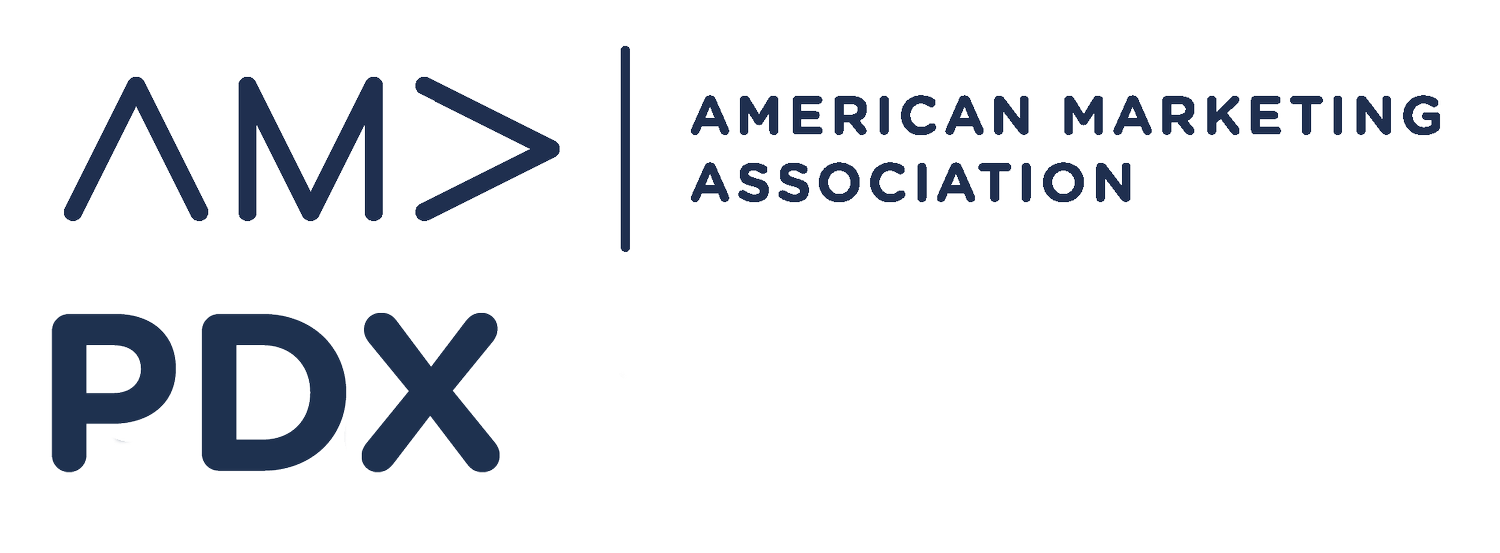How AI and Automation Are Shaping the Future of Marketing
In the ever-evolving digital landscape, businesses must stay ahead of the curve to remain competitive. One of the most transformative trends currently shaping marketing strategies is the integration of artificial intelligence (AI) and automation. From data analysis to customer engagement, AI and automation have revolutionized how marketers reach and interact with their audience.
The Role of AI in Marketing
AI, which enables machines to simulate human intelligence, is already having a significant impact on marketing. Brands are using AI-powered tools to enhance customer experiences, streamline marketing processes, and improve decision-making.
Here’s how AI is playing a role in various aspects of marketing:
1. Predictive Analytics. One of the primary uses of AI in marketing is predictive analytics. By analyzing large sets of customer data, AI algorithms can predict future behaviors, trends, and buying patterns. This allows marketers to make more informed decisions about where to allocate their resources, which products to push, and when to engage with their customers.
For example, e-commerce platforms like Amazon use AI to recommend products based on past purchases and browsing history, thus creating a personalized shopping experience for each customer. This not only improves user satisfaction but also drives sales.
2. Personalization at Scale. Personalization is no longer a luxury—it’s an expectation. Consumers today demand tailored experiences, and AI can deliver them on a massive scale. AI tools help marketers create highly personalized content and offers for individual customers, based on data such as demographics, browsing behavior, and past interactions with the brand.
One example is when hardware giant Lowe’s introduced its very own AI development, LoweBot, to offer its consumers personalized suggestions and tailored information as they browse its colossal US stores. Read more about it here.
3. Chatbots and Customer Support Automation. Customer service is a vital aspect of any business, and AI-powered chatbots are changing the game. These bots can handle simple customer queries, recommend products, and even process transactions, all while learning from each interaction. By automating these processes, companies can provide 24/7 customer support without requiring a large team.
Chatbots can also assist with lead generation, booking appointments, and answering frequently asked questions. This allows human agents to focus on more complex tasks, while AI handles the repetitive, time-consuming aspects of customer service.
The Role of Automation in Marketing
While AI enhances the intelligence and personalization of marketing, automation focuses on efficiency. Marketing automation tools help businesses manage repetitive tasks, such as email marketing, social media scheduling, and customer segmentation, without manual intervention.
Here’s how automation is benefiting marketers:
1. Lead Nurturing and Email Campaigns. Marketing automation allows businesses to send targeted email campaigns that are triggered by specific actions or behaviors. For instance, when a user subscribes to a newsletter or abandons their shopping cart, an automated email can be sent to re-engage them. These tools can also segment email lists based on customer interests and behaviors, ensuring that each message reaches the right person at the right time.
2. Social Media Scheduling and Engagement. Social media automation tools are a game-changer for brands looking to maintain a consistent presence across multiple platforms. Automation enables businesses to schedule posts ahead of time, engage with followers through automated responses, and track performance metrics—all in one place.
Brands can ensure their content is published at peak times for maximum reach, and use automation to monitor brand mentions and respond to customer comments efficiently.
3. Analytics and Reporting. Marketing automation tools can generate detailed reports on campaign performance, allowing businesses to analyze which strategies are working and which need improvement. These tools can track key metrics such as email open rates, website traffic, and conversion rates, providing insights that help marketers refine their strategies.
The Future of AI and Automation in Marketing
As AI and automation continue to advance, they will only become more integral to marketing strategies. The integration of AI with other emerging technologies, such as augmented reality (AR) and virtual reality (VR), will offer even more personalized and immersive experiences for consumers.
In the future, AI-powered marketing tools will become even more intuitive, providing businesses with deeper insights into consumer behavior, better predictive capabilities, and an enhanced ability to automate complex tasks. The combination of AI and automation will enable brands to deliver better customer experiences and create more targeted, effective marketing strategies.
AI and automation are no longer just buzzwords—they are essential components of modern marketing. By harnessing the power of these technologies, businesses can not only streamline their marketing processes but also deliver more personalized, engaging experiences to their customers. As these technologies evolve, marketers will continue to find new ways to leverage AI and automation to drive growth and stay ahead of the competition.
We want to hear from you! Are you successfully leveraging AI or automation in your marketing efforts? If so, let us know for a chance to be highlighted on our blog.

